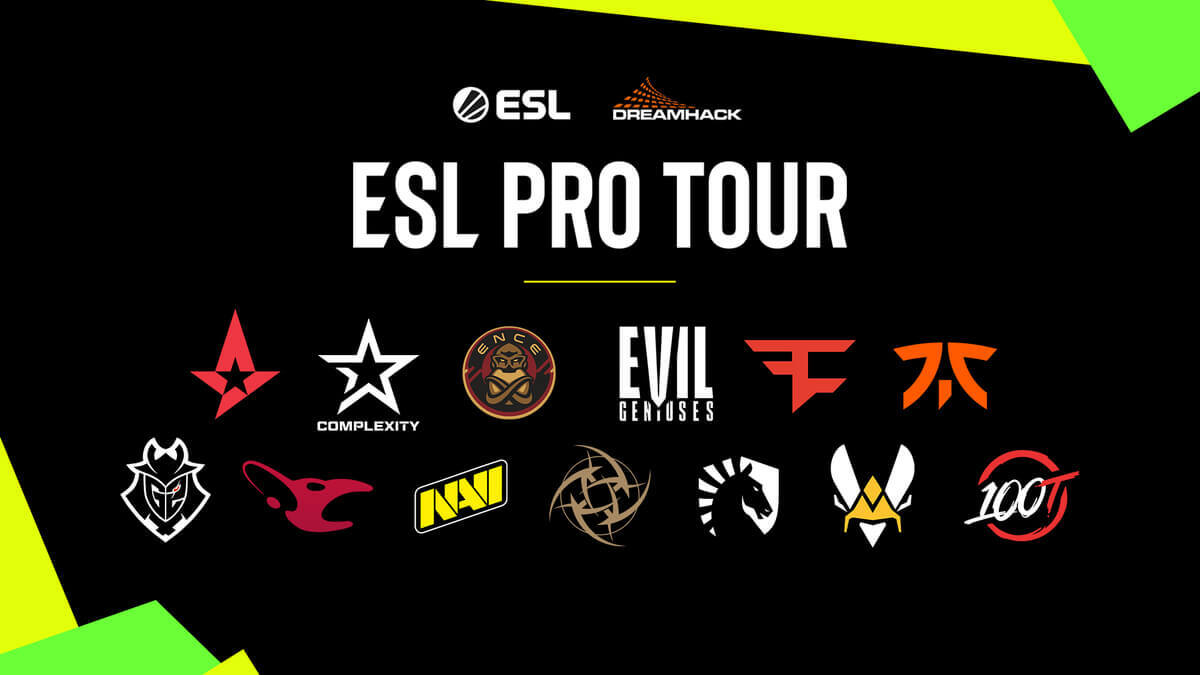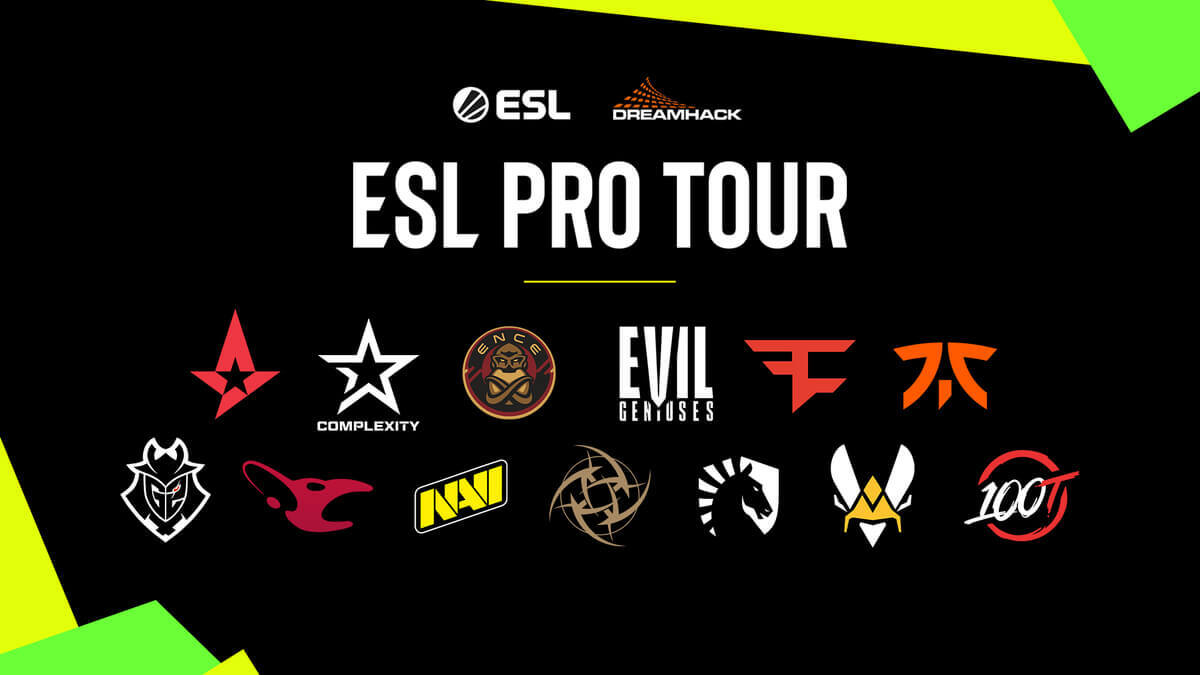
The CS:GO league saga appears to have come to an abrupt end for FLASHPOINT after ESL’s major announcement that 13 of the best teams in the pro scene have signed a long-term partnership deal with the German company.
The Louvre Agreement
Dubbed by ESL the “Louvre Agreement”, this document establishes a long-term partnership between the company and 13 esports organizations, most of which are currently holding some of the best CS:GO teams around. The agreement is centered around the ESL Pro League and the ESL Pro Tour as a whole, setting in stone the privileges and responsibilities of the orgs that signed it, now to be called “Partner Teams”.
The most important points to take out of the public contract shared by ESL are the following
- Partner Teams will hold a permanent slot in ESL Pro League
- Partner Teams and ESL will have equal say in the development of ESL Pro League and ESL Pro Tour
- Partner Teams receive a chunk of the revenue from ESL Pro League and ESL Pro Tour
- Partner Teams may decline up to two invitations for an ESL Pro Tour event without it affecting their revenue
- Partner Teams may grow up to 16, with new members to be approved by the existing Partner Teams
- Players will receive 15% of a Partner Team’s revenue share, not counting the basic salary and tournament prize money.
For the full details, you can check the entire document here.
Who signed it
Now that we know what the Louvre Agreement is, it’s time for the big reveal. These are the 13 organizations that put pen to paper on this revolutionary deal:
- Astralis
- mousesports
- Team Liquid
- Fnatic
- Evil Geniuses
- Natus Vincere
- Team Vitality
- FaZe Clan
- 100 Thieves
- Ninjas in Pyjamas
- Complexity Gaming
- G2 Esports
- ENCE Esports
It would be interesting to see how the Louvre agreement changes the scale of the pro circuit. As organizations, and not players, are tied to this deal, it might affect non-Partner Teams negatively, because players would be tempted by better monetary conditions. At the same time, players already on Partner Teams might feel under more pressure to perform in order to not lose those same conditions.
All in all, wherever the CS:GO scene might be heading, there’s always going to be those that are for and those that are against it. Everything’s in the eye of the beholder, but as long as we’re getting top Counter-Strike, all should be well.


































